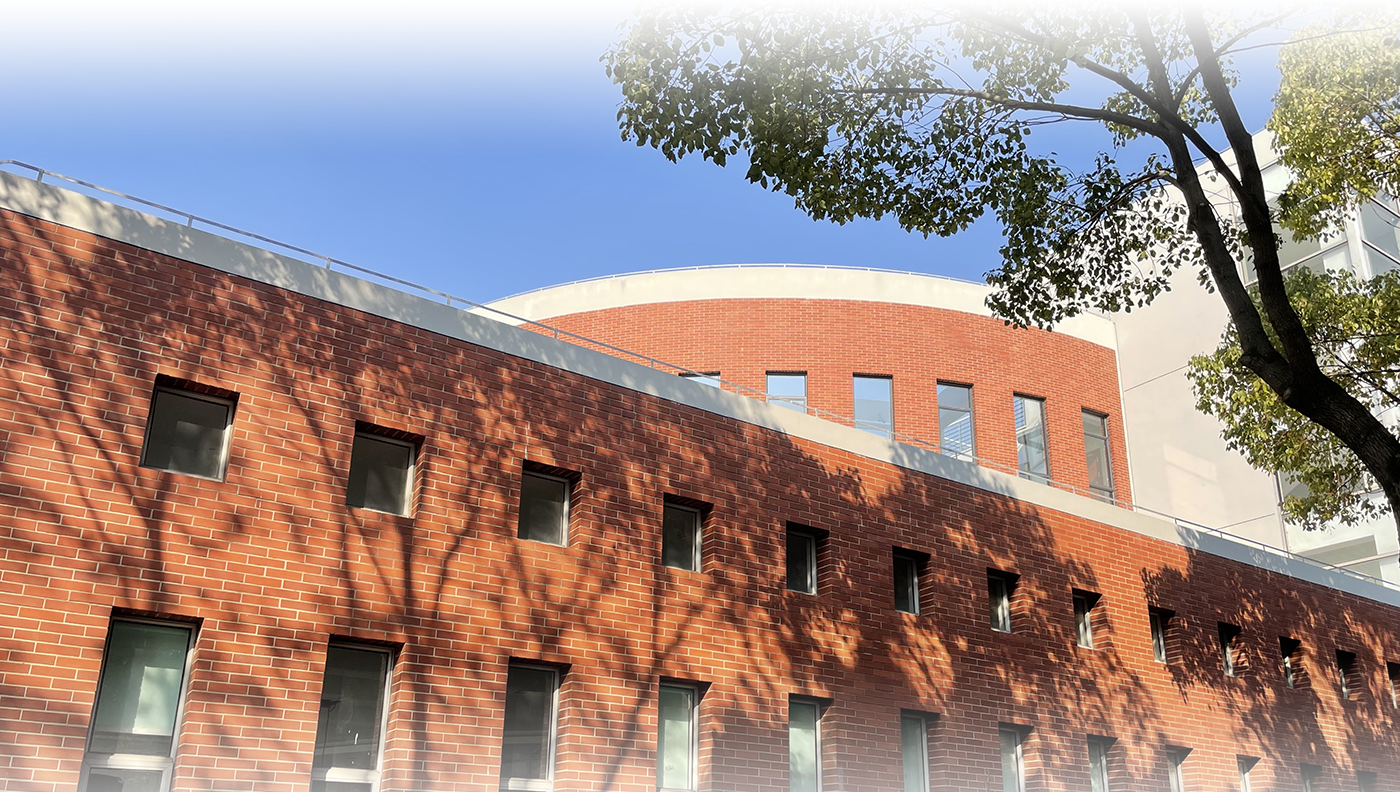上海交通大学媒体与传播学院长聘教轨副教授,全英文国际项目主任,上海市浦江人才(2022)。新加坡国立大学传播学博士。
研究方向为健康传播、人机互动与媒介效果的交叉领域,近年来重点探究了数字健康、智能媒体环境下的健康信息行为,数字弱势群体智能媒体使用等相关议题,致力于探究智能传播提升人类健康福祉的实现路径。研究成果刊于Journal of Computer-Mediated Communication, Health Communication, Journal of Health Communication,《全球传媒学刊》等国内外权威期刊。论文发表信息详见:ResearchGate. 近年来,在ICA、NCA、AEJMC等国内外高水平学术会议宣读论文30余篇,获第十一届长三角青年传播学者论坛优秀论文奖(2023)、美国新闻与大众传播教育学会(AEJMC)最佳教师论文奖(Top Paper Award)(2022)等荣誉。担任Communication Research, Health Communication, Computers in Human Behavior等20余本国内外高水平学术期刊论文评审。欢迎对健康传播、人机互动、智能媒体使用及相关领域有研究志趣的同学报考研究生(lianshan_zhang@sjtu.edu.cn)。
代表作:
*通讯作者
1. 张连珊、牟怡:《隐匿的藩篱:老年群体社交机器人抵触的心理机制探析》,《全球传媒学刊》2024年第6期,第72-95页。
2. Zhang, L., Liu, P. L., Lam, C., & Huang, Z. (2024). Well-informed or misinformed? News-Finds-Me perception in shaping sexual and reproductive health knowledge and behavioral intentions among Chinese women. Social Science & Medicine, 359, 117271. https://doi.org/10.1016/j.socscimed.2024.117271
3. Zhang, L., Dong, Y., Lam, C., & Huang, Z. (2024). Engaging and (the illusion of) learning? Examining the relationship between different social media activities and reproductive health knowledge. Journal of Health Communication, 29(5), 327-339. https://doi.org/10.1080/10810730.2024.2339261
4. Zhang, L. Yang, X., & Jung, E. H. (2023). When Does WeChat Usage Decrease Loneliness? A Panel Study Examining the Moderating Roles of Age and Perceived Network Supportiveness. Social Science Computer Review, 41(2), 438-460. https://doi.org/10.1177/08944393221103498
5. Zhang, L. & Jung, E. H. (2022). Time Counts? A Two-Wave Panel Study Investigating the Effects of WeChat Affordances on Social Capital and Well-Being. Journal of Computer-Mediated Communication, 28(1), 1-13. https://doi.org/10.1093/jcmc/zmac030
6. Liu, P. L., Zhang, L.*, Ma, X., & Zhao, X., (2022).Communication Matters: A Trend Analysis of The Role of Patient-Centered Communication in Improving Old Adults’ Health Competence and Health Outcomes. Health Communication, 39(2), 363-375. https://doi.org/10.1080/10410236.2023.2166209
7. Zhang, L., & Yang, X. (2021). Linking Risk Perception to Breast Cancer Examination Intention in China: Examining an Adapted Cognitive Mediation Model. Health Communication, 36(14), 1813-1824. https://doi.org/10.1080/10410236.2020.1796283
8. Jiang, S., Zhang, L.*, & Teo, K. (2021). Social Use of Fitness Apps and Physical Activity Knowledge: The Roles of Information Elaboration and Interpersonal Communication. Journal of Broadcasting & Electronic Media, 65(4), 549-574. https://doi.org/10.1080/08838151.2021.1990295
9. Zhang, L., Li, P., & Qin, Y. (2020). Media Complementarity and Health Information Acquisition: A Cross-sectional Analysis of the 2017 HINTS-China Survey. Journal of Health Communication, 25(4), 291-300. https://doi.org/10.1080/10810730.2020.1746868
10. Zhang, L., Jung, E. H., & Chen, Z. (2020). Modeling the Pathway Linking Health Information Seeking to Psychological Well-Being on WeChat. Health Communication, 35(9), 1101-1112. https://doi.org/10.1080/10410236.2019.1613479
1. 主持国家社科基金青年项目(2024),项目批准号:24CXW035,在研。
2. 主持上海市哲学社会科学规划年度课题(2022),项目批准号:2022ZXW005,在研
3. 主持上海市浦江人才项目(2022),项目批准号:22PJC062,在研
4. 主持上海交通大学文科青年人才培育计划项目(2023),项目批准号:2023QN048,在研
5. 主持上海市“科委科技创新行动计划”软科学研究青年项目(2022), 项目批准号:22692191400,已结项
6. 主持上海交通大学-新加坡国立大学&全球生物回响基金会(Bia-Echo Foundation)国际合作项目,“Health Communication Research on Reproductive Longevity and Equality” (2022),在研
1. 计算传播与社会(本科课程)
2. 新兴媒体与健康传播(研究生课程)
3. 人机传播(全英文研究生课程)
4. Academic English (全英文研究生课程)
5. Monographic Study of Classic Theory of Communication (全英文研究生课程)


